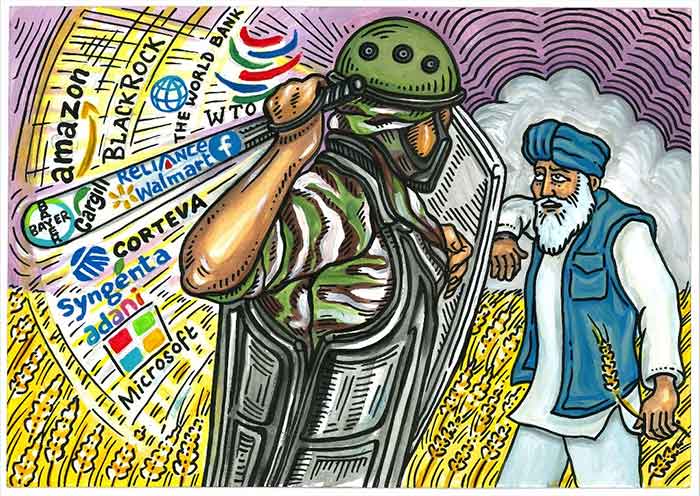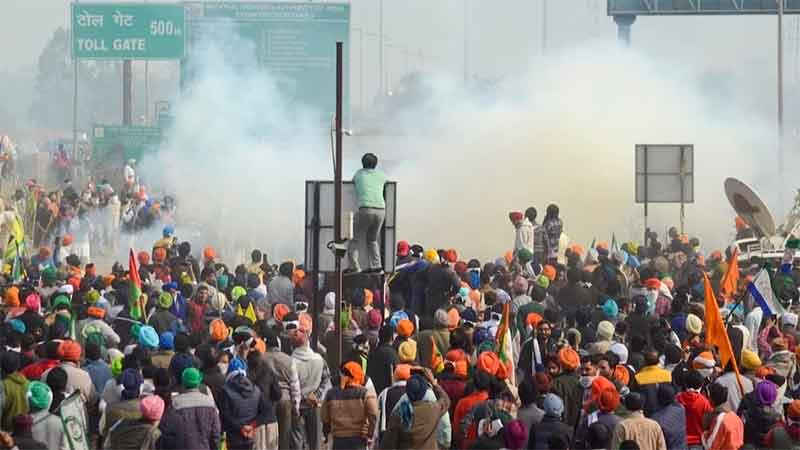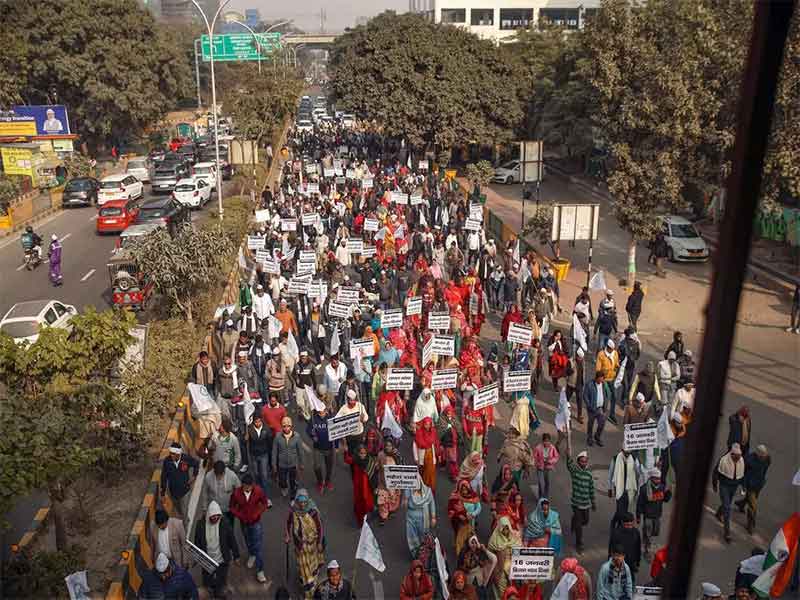
Ashish Tripathi writing in DECCAN HERALD(October 4) has quoted an SC bench hearing a case against farmers’ protest objecting that it impedes the public’s freedom of movement by blocking roads.The bench made two observations.First since the laws have been stayed there was no reason for protests to continue. Secondly,the validity of the laws will be tested and decided at the court and protests hold no meaning now as these imply lack of confidence in the considered verdict of the court.
The SC’s ire is obvious.But while we are not discussing a sub judice matter,the implications of the two observations may be discussed.
True,once we go to a court we already agree that we shall abide by its decision and await it in patience.But there are times when in civil suits we may enter into negotiations with the other party,and if an amicable resolution of the dispute comes out we can approach the court and apprise it of it.In the case of the farmers’ protest the other party is the government which passed the laws,and even after matters reached the court,both parties have repeatedly declared intention of coming to a settlement.This is possible only because farmers protest publicly and challenge the government firmly but peacefully.
The fact that the SC has stayed the laws has its salience in a political context.The fact that the laws are stayed does not mean they are scrapped.Farmers fear that once the protest is withdrawn the government will be emboldened to ram them down their throat.For the heedless laws which undercut long-standing practices and conventions considered just are also assertions of ruthless political will.Pending the verdict of the court farmers dare not relax in their opposition to them.
Secondly the bench is reported to have observed that since the validity of the laws will be decided by the SC,there is no reason for holding protests,as all parties are obliged to accept the court’s judgment.
The validity of a law can be interpreted broadly and also in a narrow fashion.The laws may, strictly speaking,follow all legal requirements,and yet be profoundly unjust and felt as unjust.The Nazi lawyers and judges pleaded in the historic trial at Nuremberg after World War II that they just followed the laws duly passed by government and there was no way they could act against it.But the international court stood for basic principles of humanity,justice, truth and compassion,and held them guilty of crimes that can claim no relief,and sentenced them to the highest penalty.
In this case hundreds of thousands of farmers have firmly stood by their conviction for more than a year that the impugned laws are unjust and most likely to ruin them.In the face of ravages of extreme weather,great hardship,fatalities striking more than six hundred of their comrades down, they have affirmed their resolve to oppose the laws in peaceful protest.Surely the consideration of the validity of the farm laws cannot ignore the moral core of this protest.
We are not expressing any opinion on the outcome of the case or the validity of the court’s verdict.But the framework within which such judgments may be made is open to rational discussion .
Hiren Gohain is a political commentator















































